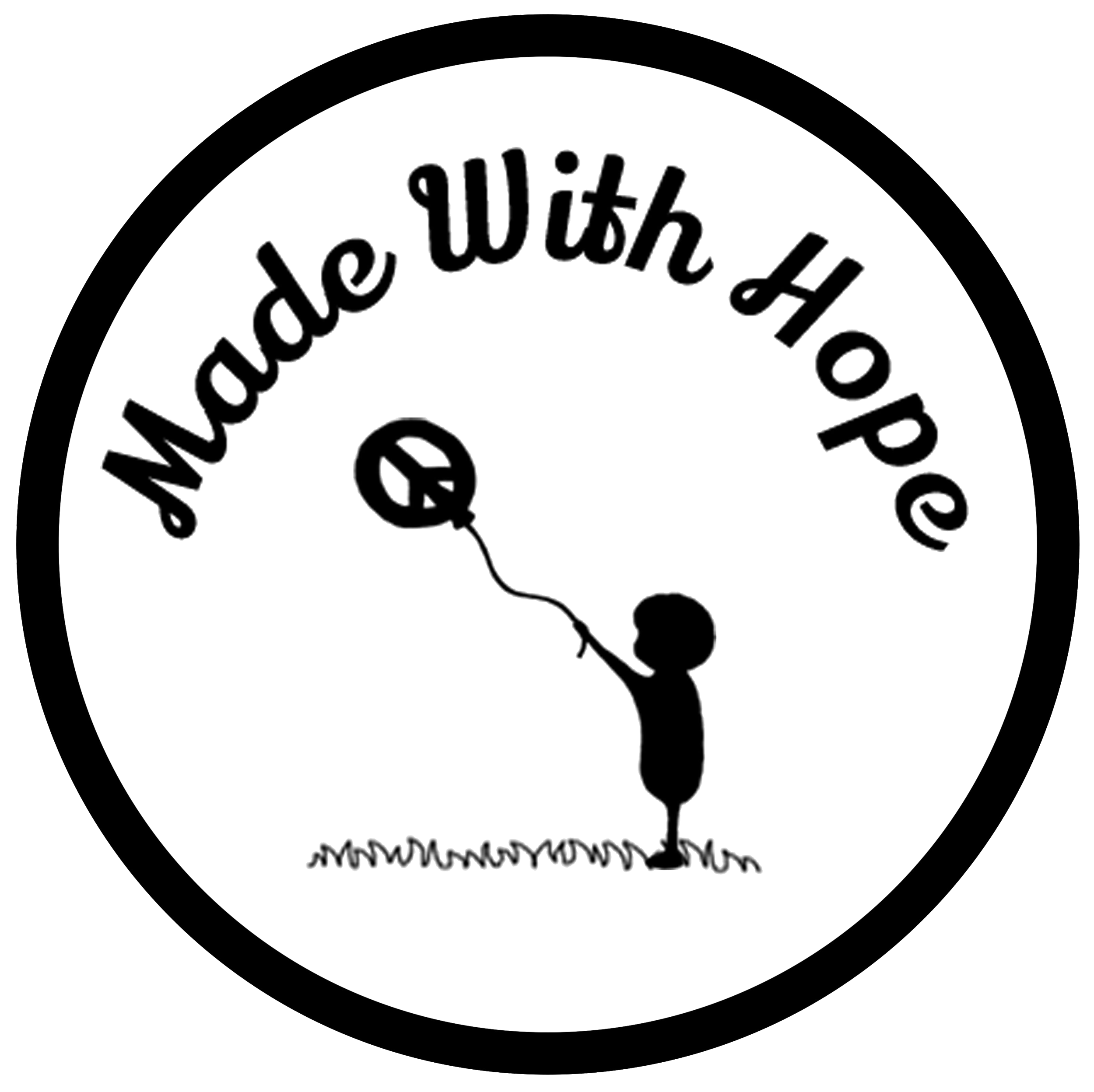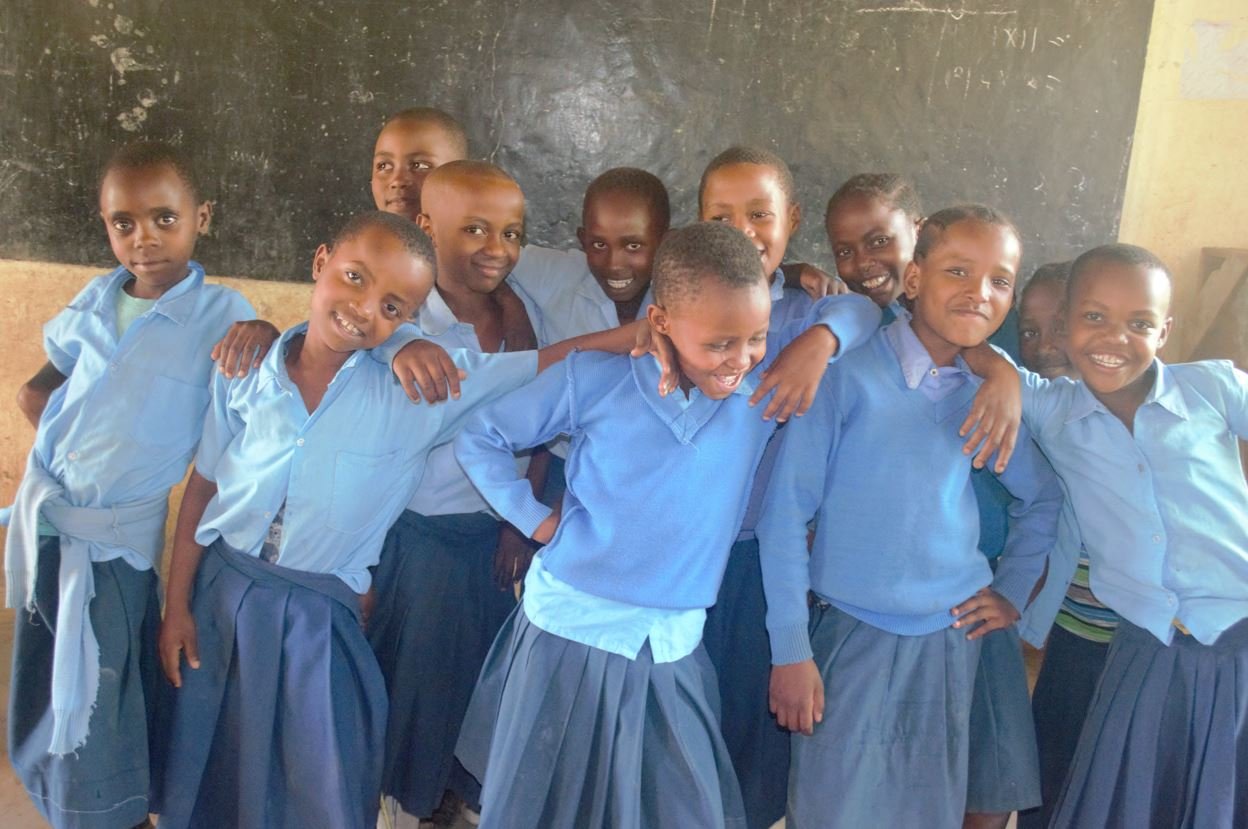The impact of our new girls toilet block
Challenges facing girls on their periods
Girls at Marurani School
Girls across rural Arusha, Tanzania, face multiple challenges to effective menstrual hygiene management (MHM). These challenges can develop from a lack of understanding and education on menstruation and menstrual hygiene management, which can lead to stigmatisation of menstruating girls and young women. There are physical barriers such as a lack of pain relief to manage menstrual cramps, inappropriate or non existent facilities for disposal of used sanitary products, limited access to Water, sanitation and hygiene (WASH) services needed to keep clean and safe during menstruation and limited access to private space for MHM practices. Female students are therefore left with few options but to stay at home and not attend school when they are on their period. This means that girls can lose around 48 days of education each year. Menstruation should not be a barrier to accessing education!
Our Menstrual Hygiene Management project at Marurani
Phase 1: Sanitary pads and menstruation education for all girls
In 2020, we delivered a Menstrual Hygiene Management project at Marurani in partnership with local experts (Femme International). The project aimed to increase knowledge of menstruation and hygiene among students and community members and distribute sanitary products to students. The project also involved teacher training which was delivered by Femme International, and included training teachers to deliver accurate education on puberty, reproductive anatomy, sexual health, body hygiene, menstruation, and menstrual management. The aim was to provide teachers with the tools to tackle the stigma around periods in the community.
These girls were missing up to 48 days of school a year just because they can't attend during their period.
Femme International delivering a session on methods of MHM and the use of the menstrual cup
Community members and teachers learning about the menstural cup
You can read more about this in our MHM teach training blog.
The old toilets at Marurani
Phase 2: 10 new girls toilets
Marurani school only had two girls toilet cubicles, both of which were flooded from heavy rain leaving them pretty much unusable. Working with our partner organisation Ndoto in Action (NIA) we identified the need to construct a new toilet block. Thanks to the Brinda Jaykant Shah Foundation and One Kind Act we were able to construct a new toilet block at the end of 2021.
The new girls toilet block consists of:
10 toilets, with one accessible toilet, specially designed to accommodate people with physical disabilities
a handwashing station with 12 taps
a changing room
a dedicated incinerator for waste disposal.
Cupboards of menstrual provisions in the girls toilet to encourage girls to attend school when menstruating.
New sinks in the girls toilet block
The new toilet block
Effective Menstrual Hygiene Management creates opportunities and gives girls the space to learn and enjoy school.
We asked a student at Marurani what she thinks:
“ My name is Alisia Kelvin. I am in standard seven at Marurani primary school. I really appreciate One Kind Act for constructing a modern girl’s friendly toilet in our school. In the previous, we faced the challenge of being in the long queue waiting for one after one pupil to use the toilet. The toilet we were using hadn’t enough rooms and functioning handwashing station with available water. Due to this, we were exposed to unsafe water, poor sanitation, and hygiene which resulted in illness. We were also facing the challenge during our menstrual periods so some of us had no other option than to stay at home while classes are going on. This eventually affected our academic performance.
After the construction of girls-friendly toilets, the support from One Kind Act, we are now enjoying being at school even when we are in our menstrual periods. These toilets have enough rooms with a functioning hand washing station, incinerator, changing room with available clean water, and other menstrual hygiene management facilities such as environmentally friendly sanitary pads, soap, and underwear. This support from One Kind Act has brought new hope and smiles to our faces. We are now improving academically and we are looking forward to performing our bests and becoming professionals in our communities.
”
Thankyou to Brinda Jaykant Shah Foundation and One Kind Act for funding the construction of new toilet blocks and removing the barrier to education that ineffective MHM can create!
Written by Eve Stanislawski








